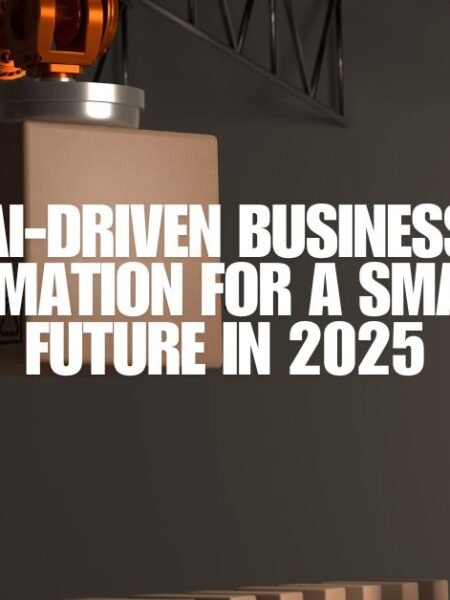The advent of artificial intelligence (AI) and automation is heralding a new era in the Australian w...
Imagine a world where businesses can predict future trends, automate complex tasks, and personalize...
Artificial Intelligence (AI) has been making waves in various industries, and lead generation is...
In recent years, the film industry has witnessed a significant shift towards the integration of a...
In recent years, there has been a notable increase in the utilisation of artificial intelligence (AI...
Introduction to Business Process Automation Business Process Automation (BPA) refers to the techn...
Artificial Intelligence (AI) has been instrumental in transforming the realm of customer engagem...
Artificial Intelligence (AI) has been a hot topic in recent years, with many misconceptions and m...
Artificial Intelligence (AI) is revolutionizing small businesses, bringing powerful tools to s...
AA, with his legacy of Diverse Entrepreneurial Experience, brings over two decades of varied entrepr...










